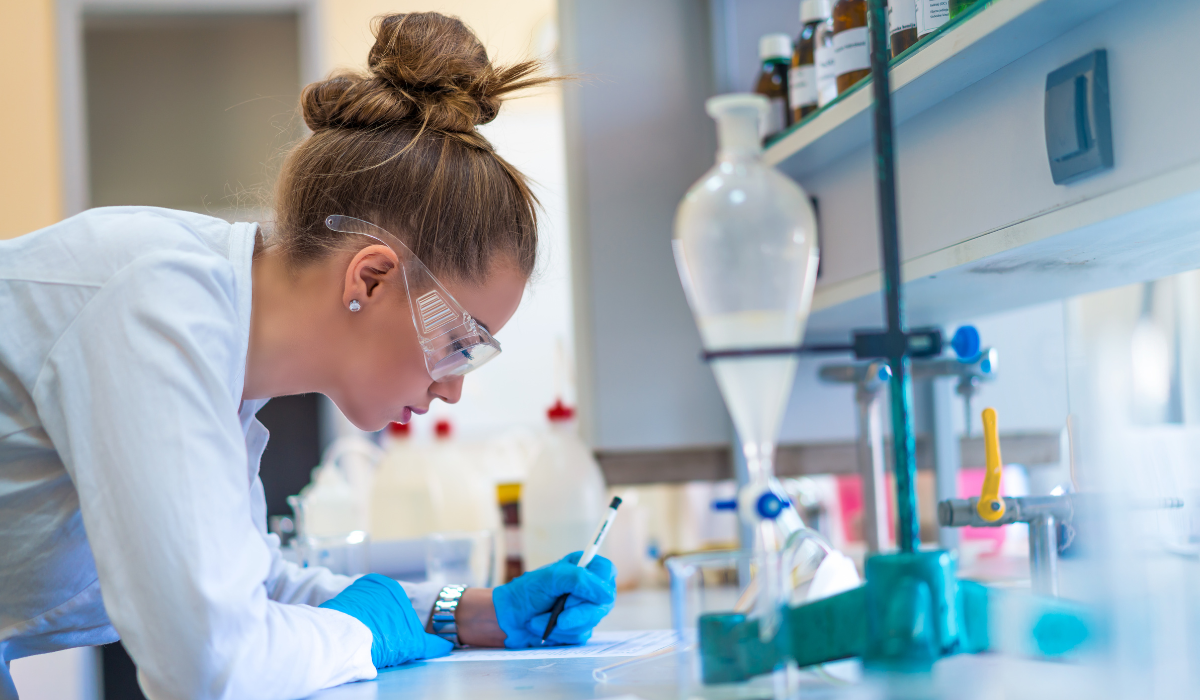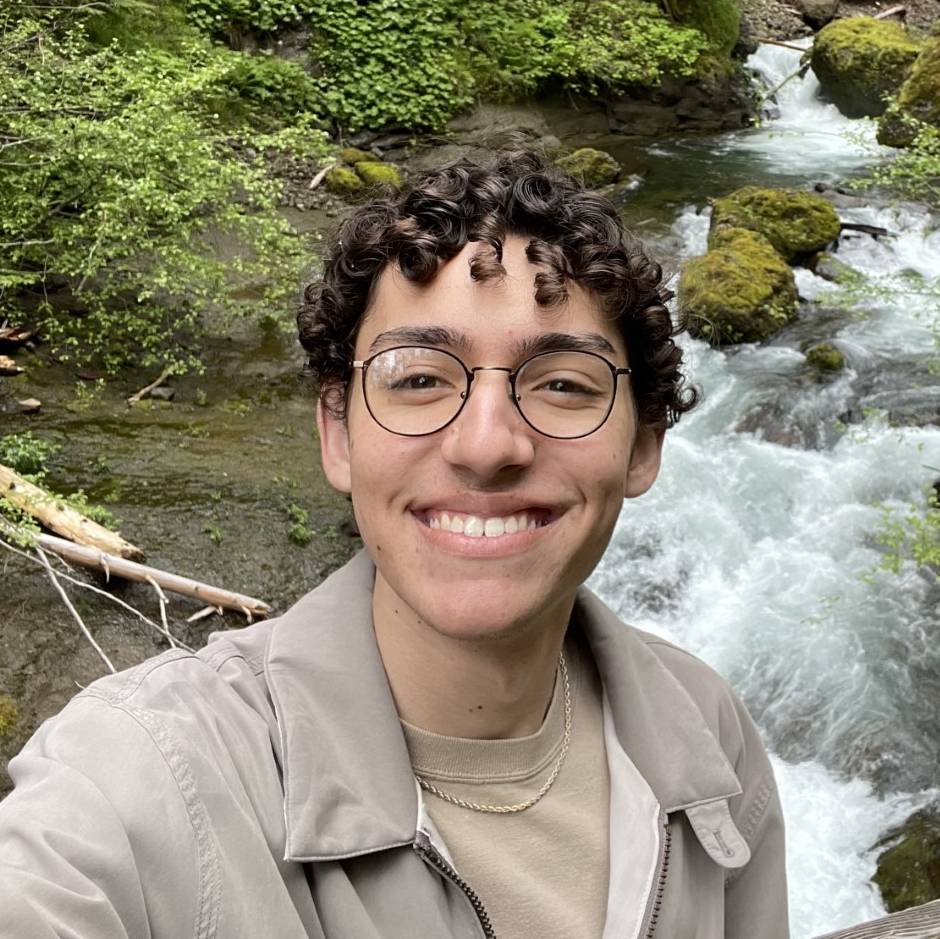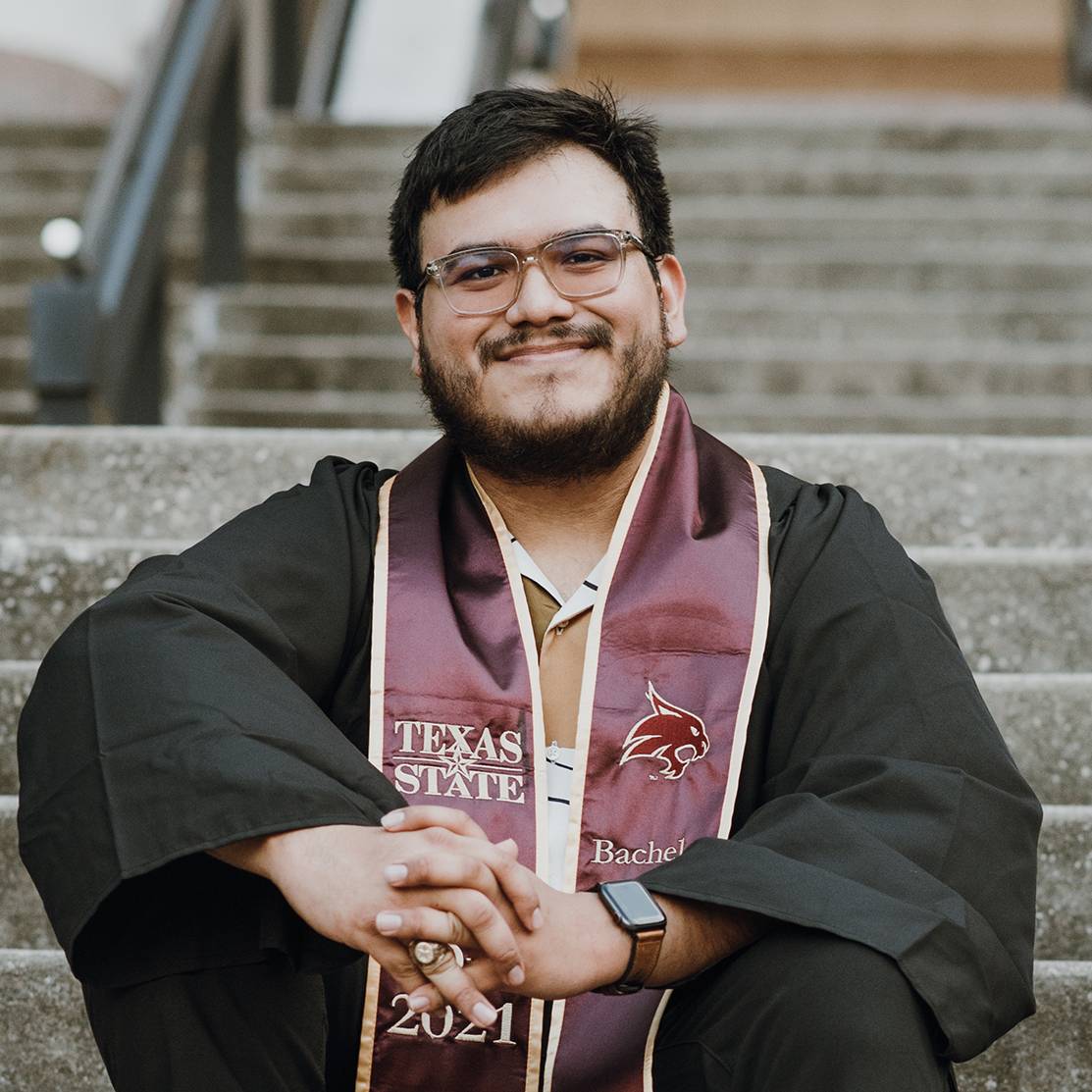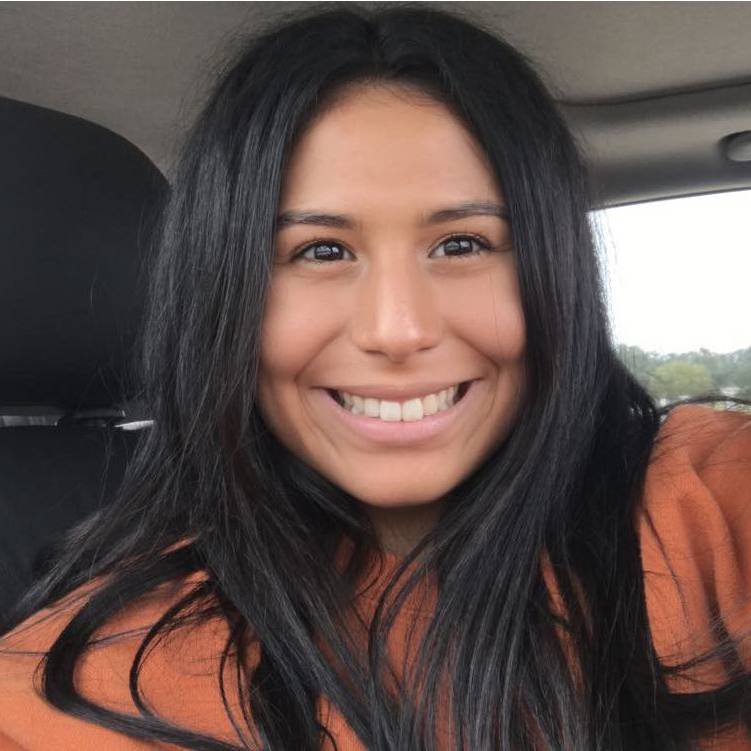Staff Contributors | April 25, 2023

Laboratory testing is the single highest-volume medical activity affecting Americans, and it drives about two-thirds of all medical decisions made by doctors and other health care professionals.
Medical laboratory professionals form the backbone of health care and the public health system. They conduct approximately 13 billion laboratory medicine tests annually in the U.S.
Simply put, every time you enter a hospital or health care facility for care, your life is in the hands of a medical laboratory professional.
The Texas State University Clinical Laboratory Science (CLS) program is a 2+2 bachelor's degree program. The first two years consist of prerequisites in science, math, and general education. The final two years consist of medical laboratory foundational and advanced courses. Upon completion of the program, majors sit for the national American Society for Clinical Pathology Medical Laboratory Scientist credential, MLS (ASCP). The TXST program has a 97% three year passing rate on the MLS (ASCP) exam which makes the university a national program of excellence.
Laboratory medicine, also known as clinical pathology, is one of two main branches of pathology, or the study of the causes and effects of disease. Pathology covers many laboratory areas, such as blood banking and microbiology. Clinical pathology diagnoses a disease through laboratory analysis of body fluids. Anatomic pathology diagnoses a disease by examining body tissues.
Students studying clinical laboratory science at TXST shared what inspired them to pursue their career track in honor of Medical Laboratory Professionals Week (April 23-29).

Ryan Kerr, a senior from Austin, TX, transferred into the CLS program after a year of being a music education major.
“I knew I wanted to switch to something science related, with the positive impact of being in healthcare, but without the direct patient component. I like the deductive reasoning aspect of lab work, so this seemed like a good possibility. I spoke with my biology professor, Dr. Wilson, about career paths and he recommended this one.
I would consider one of the most important qualities of a good clinical laboratory scientist to be the ability to be constantly adapting and changing. In the field, there are constant innovations and new applications of technology, so it is the laboratorian's job to stay well-versed on the theory behind different testing principles. It's also an important quality to have as healthcare environments are fast-paced and hectic environments, where you are interacting with all sorts of different people. The ability to adapt and respond to different people is vital for good patient care.”

Wesley Herrera, a senior from McAllen, is set to graduate in August. Afterwards, he plans to work as a generalist in a hospital laboratory in the Houston area.
“For me, the most important thing about working in CLS is knowing that I play such an important role when it comes to the care of the patient. Knowing that the result I put out can help potentially save a patient’s life along with detecting diseases that may go unnoticed are the most important aspects of this profession.
The most unique learning opportunity that I have experienced with the program are the rotations that we get to do throughout senior year. With these rotations we are able to apply what we learned in the classroom and apply it in a real hospital laboratory. Throughout these rotations, we are also acquiring more knowledge that we may not have gotten in the classroom which we can then use when we begin our professional careers after graduation.”

Crispina Harris, a Dallas-Fort Worth native, is excited to start her senior year next semester.
“A professor from Austin Community College saw my passion for the medical lab and connected me with CLS professor and chair Dr. Rohde. He introduced me to the major and it fit my goals perfectly. I strongly believe that your career should be doing something you love and are passionate about. This career fuels my passion and I am able to help others along the way.
After graduation I want to work at a lab or research facility focusing on lab instrumentation. I want to be able to build new lab analyzers or create new software for lab instruments that can better aid lab scientists, physicians, and most importantly patients. Working in CLS sales is also an option. MLS sales focuses on instrument promotion and installation. I would be able to travel and teach others how to use new analyzers or provide a lab with information concerning which analyzer would be best for them and their patient population.”

Zaienab Raed, a junior from Austin, plans to graduate in the summer of 2024.
“While working as a phlebotomist, I got an inside look into the field of laboratory medicine. There I got to see the behind the scenes of medicine and what exactly happens to the patient sample after it has been sent to the lab. It also showed me how important of a role the lab plays in the diagnosis of patients. Graduating as a generalist in a lab gives me the opportunity to continue learning and specializing after graduation. This characteristic is important as it allows flexibility for change and there is always room for improvement.”
WHAT’S NEW in the CLS program?
TXST students are doing hands-on clinical rotations in their senior year all over central Texas in the major healthcare systems, large reference laboratories, and other speciality clinics. They also have the option for “enrichment” rotations in specific areas like public health, flow cytometry, molecular diagnostics, and human leucocyte antigen [HLA] testing to match organ – donor needs. The national consolidation of the degree and credential from CLS to MLS has initiated the TXST program to become the Medical Laboratory Science Program.
Due to the COVID-19 pandemic and ongoing workforce shortages in most all healthcare areas, TXST graduates are receiving much higher pay rates per hour [$30+] alongside signing bonuses of between $10-20K. TXST graduates are hired at a 100% rate within weeks of graduation.
Proclamation from the Governor of Texas
Medical Laboratory Professionals Week (MLPW), the last full week in April each year, is coordinated by a collaborative committee with representatives from 17 national clinical laboratory organizations, including the American Society for CLS and ASCP. Each year we are honored to receive a MLPW Proclamation for all Texas laboratory professionals from the Governor’s Office.
TXST expert joins national roundtable of experts
Dr. Rodney E. Rohde, CLS Chair and Regents’ University Distinguished Professor, has been invited to moderate a roundtable for the Lab Manager Leadership Summit during MLPW. Join a panel of experts to discuss current challenges facing laboratory medicine, including SALSA and the VALID Act, reimbursement, workforce shortages, lab operations, and more.
Publishing an ASM article on the “Professional Identity of the Public Health and Medical Laboratory Professional”
Dr. Rohde and a colleague, Dana Baker Powell (Manager, Academic Partnerships, Association of Public Health Laboratories) discuss with the American Society for Microbiology that the Center for Disease Control and Prevention (CDC) Division of Laboratory Systems joins this year’s MLPW celebration with the theme as “The Future is Lab” which is fitting as the laboratory workforce continues to highlight its vital role in patient care.
Share this article
For more information, contact University Communications:Jayme Blaschke, 512-245-2555 Sandy Pantlik, 512-245-2922 |
